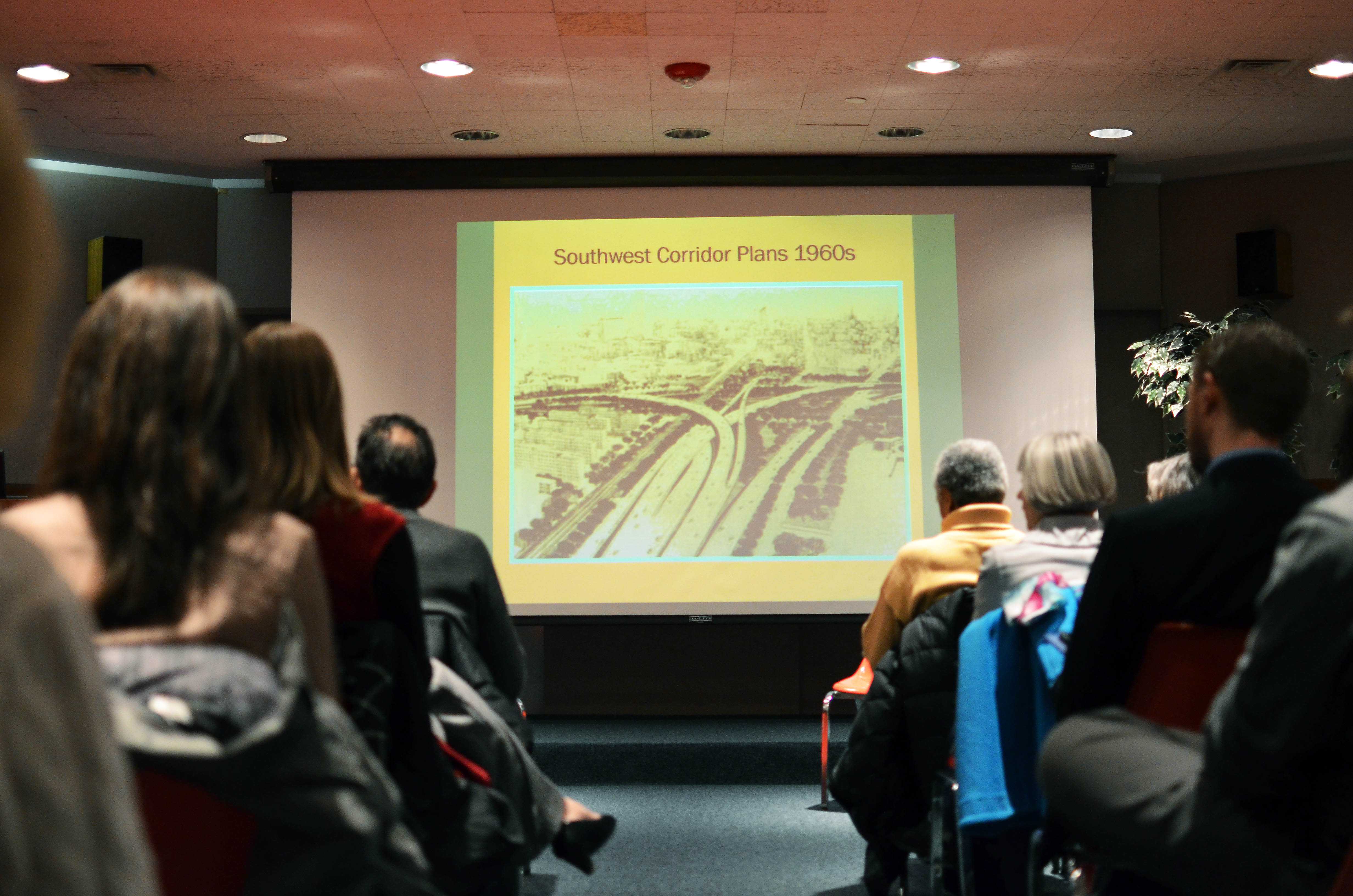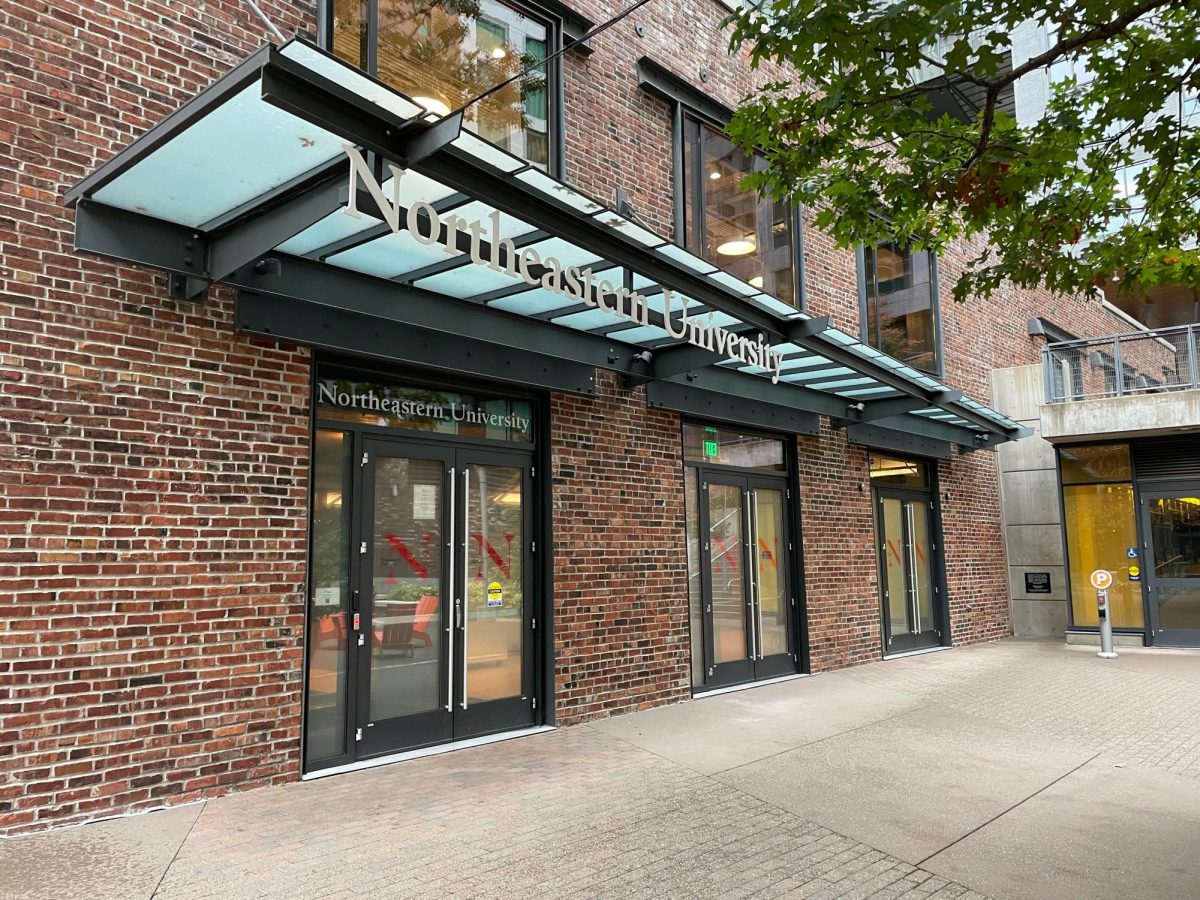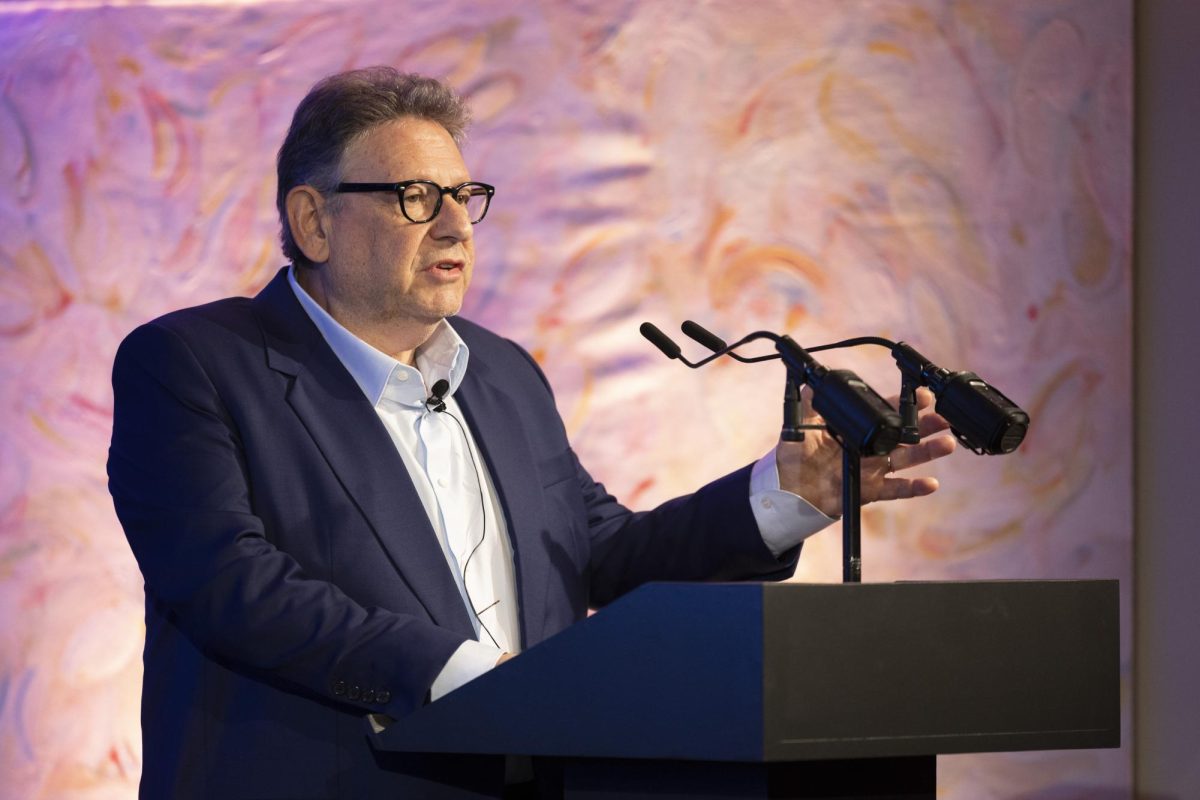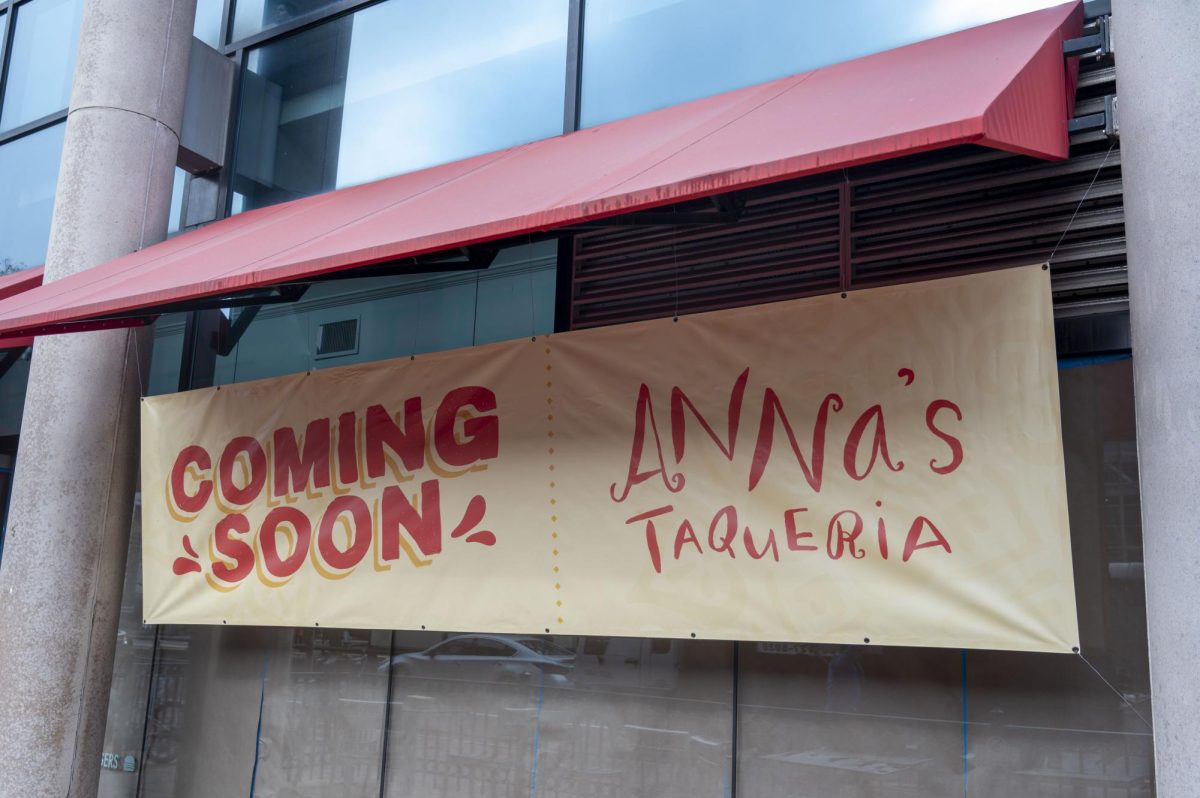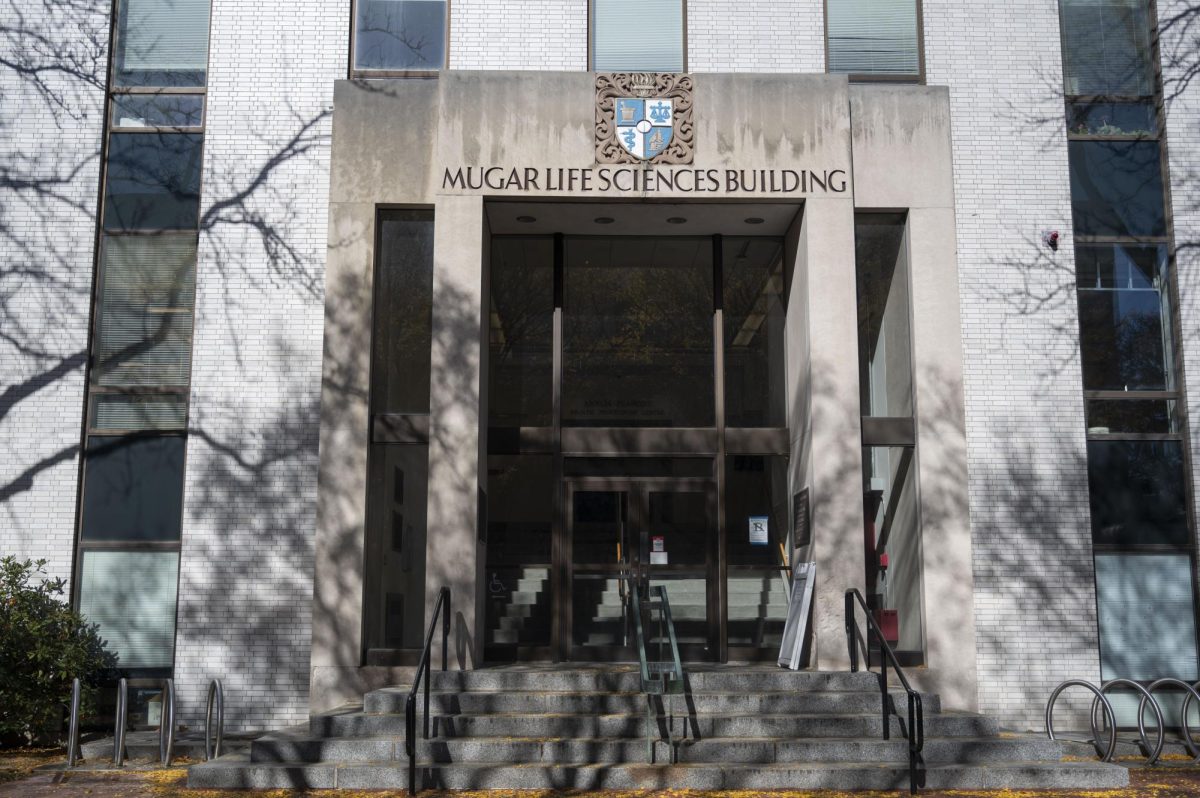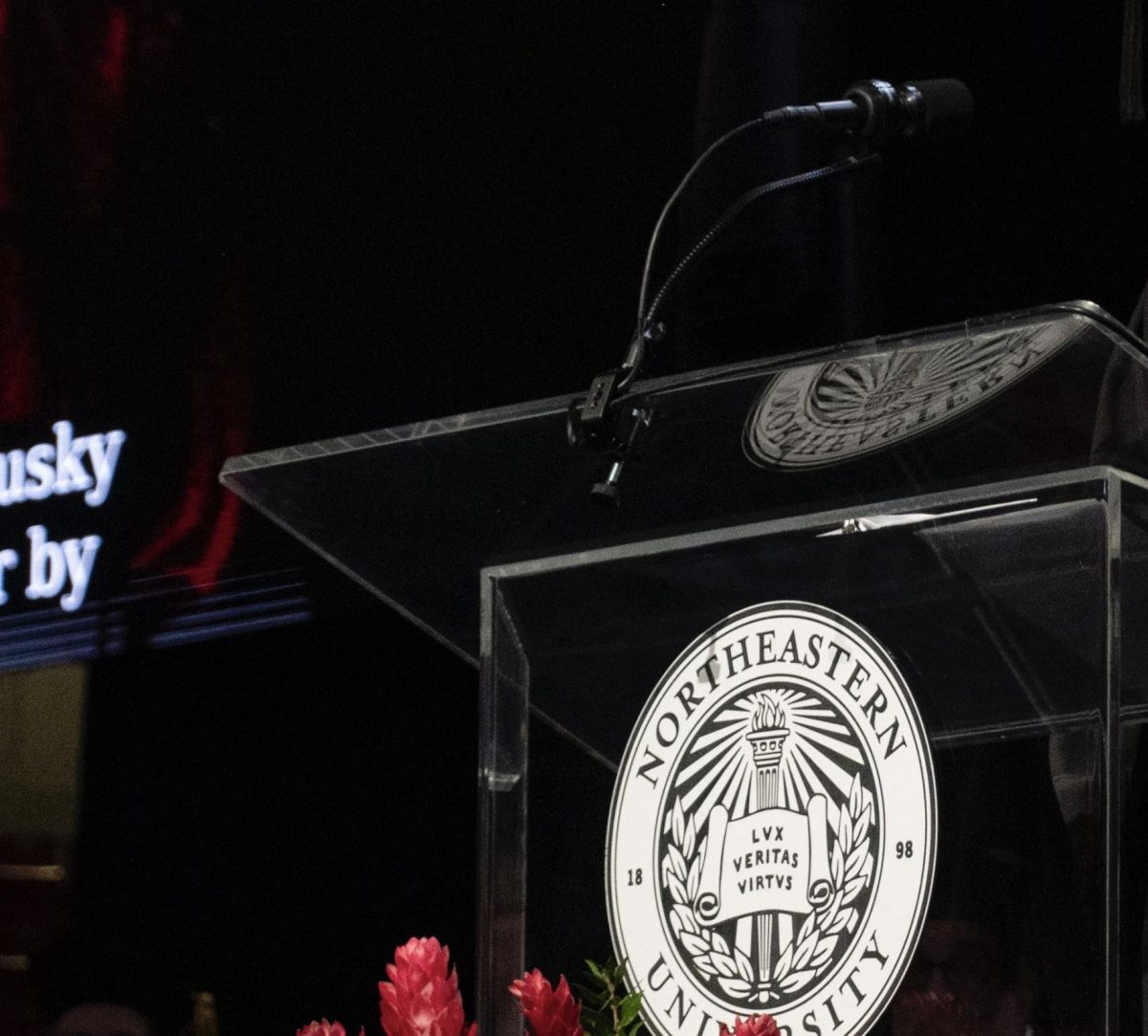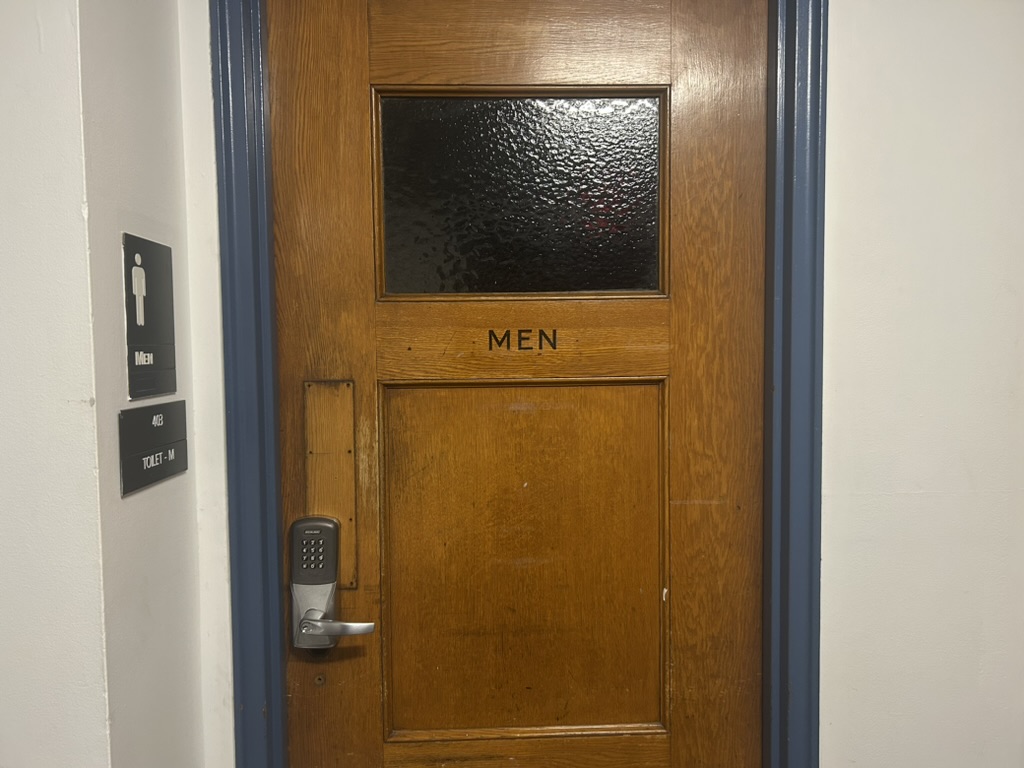By Cassidy DeStefano, news editor
Guest speaker and community activist Mossik Hacobian condemned the practice of redlining as “federally-sanctioned apartheid” at the first session of a three-part “Neighborhood Matters” event hosted each semester by Snell Library.
“This series has spotlighted neighborhoods as far-reaching as East Boston and Chinatown and as close as Roxbury and right down the street from Northeastern,” library communications specialist Jennie Robbiano said, adding that the program aims to feature community organizations working toward social justice.
Redlining, or the denial of services to residents of particular areas based on ethnic makeup, is a practice that former Massachusetts Gov. Michael Dukakis, a Democrat, outlawed in the 1970s. The session featured a compilation of clips drawn from the Boston TV News archives from Dukakis’ term to the 1990s, which cut to the heart of issues like poor police performance in minority communities and mortgage gaps dividing white and black neighborhoods.
Hacobian expanded on these conflicts in the discussion following the screening, pointing to the Commonwealth’s legal obligation to provide for all its residents.
“Massachusetts is the only state in the country that has a constitutional right to shelter provision,” Hacobian said. Article XLVII of the state’s constitution names this obligation as a public function.
A veteran of social justice affairs at Columbia University, Hacobian initially came to Boston on a service mission. He played a part in launching the East Boston Community News, which employed reporters like Michael Rezendes, now a Pulitzer Prize winner on the Boston Globe’s Spotlight Team.
“I’ve been very fortunate to have the opportunity to align my values and principles with causes that allow me to do what I always set out to do,” Hacobian said.
Although he focuses much of his attention on regional initiatives through nonprofit group Higher Ground Boston, Hacobian also urged the Northeastern University (NU) community specifically to take note of the racial discrepancies that exist on the outskirts of university property.
“When International Village (IV) first opened, I would drive past it every day and see this enclosed safe space for students, yet the housing development across the street provided a contrast that was just jarring,” he said.
Roxbury, the neighborhood that shares Tremont Street with IV, was one of the focal points of the presentation along with Dorchester, areas known to house predominantly black communities, Robbiano said.
Community members from both NU and the Greater Boston Area weighed in on how to better track progress and boost awareness for housing discrimination after Hacobian’s address. Marty Blatt, department chair of NU’s graduate program for public history, said that one way to accomplish this is to immerse students in urban development initiatives.
“As the speaker was saying, there is a terrible disparity between wealth and poverty in Boston even as the city is supposedly thriving,” he said. “The way to address this is for more people to directly learn what is in fact going on in neighborhoods.”
Blatt said his department is involved in a national collaboration called the Humanities Action Lab, currently based at The New School in Manhattan. The institution is hosting a national exhibit called “States of Incarceration,” which he said focuses on “the new Jim Crow” and the rise in the prison population of black and Latino men. The exhibit, set to arrive in Boston in 2018, is one outlet suited for directly affecting social justice; it is the type of precedent that Blatt hopes will inspire students to implement change on a more local level.
“I’d like to see our students do work related to the content in these series, which is largely focused on far-reaching urban issues,” he said.
In an area where 75 percent of minority residents are centered in 14 main communities, Hacobian said there is room for improvement.
“Boston is wonderful,” he said. “We just have to find a way to share that bounty so that everyone can remain here.
The next “Neighborhood Matters” event – “La Defensa de La Tierra and Villa Victoria” which focuses on Boston’s South End – will take place on April 6 followed by “A History of Boston in 50 Artifacts” featuring finds from the Big Dig tunnel project on April 19.
Photo by Robert Smith


